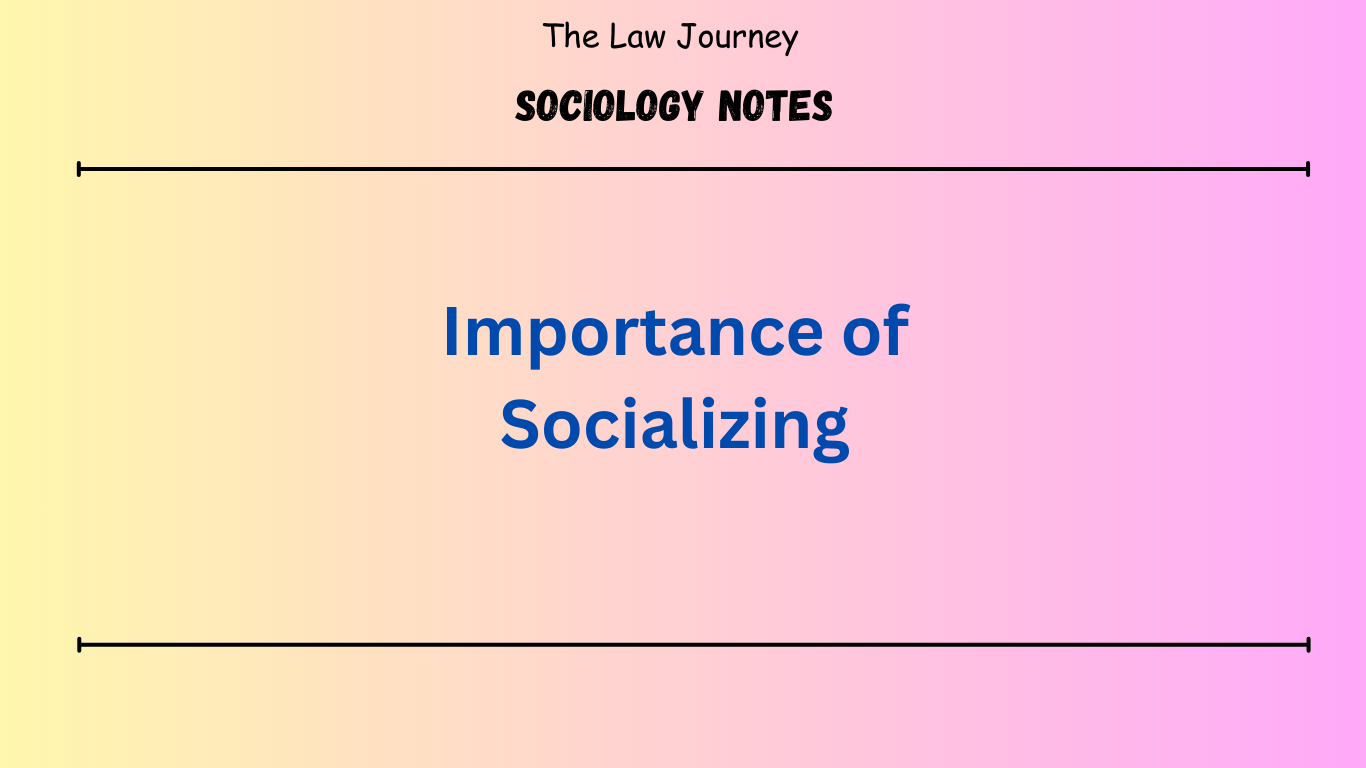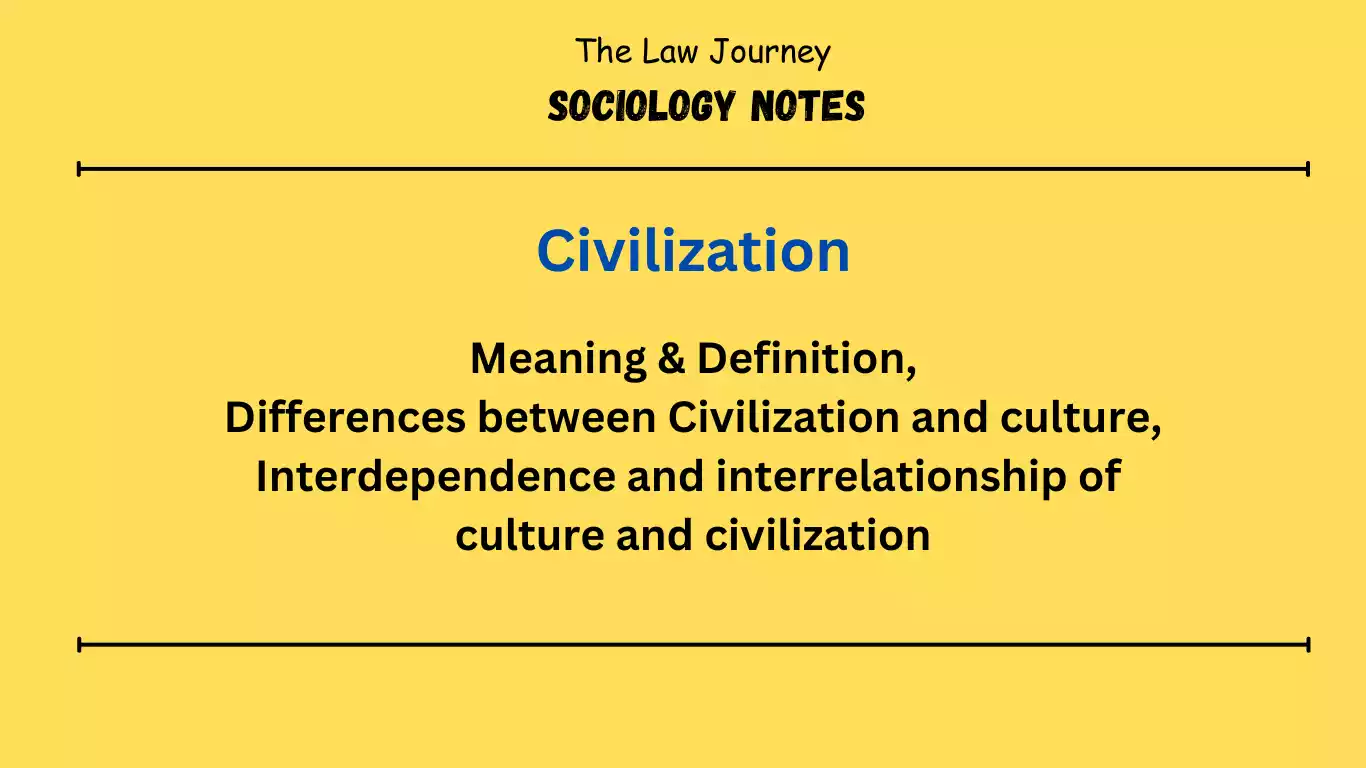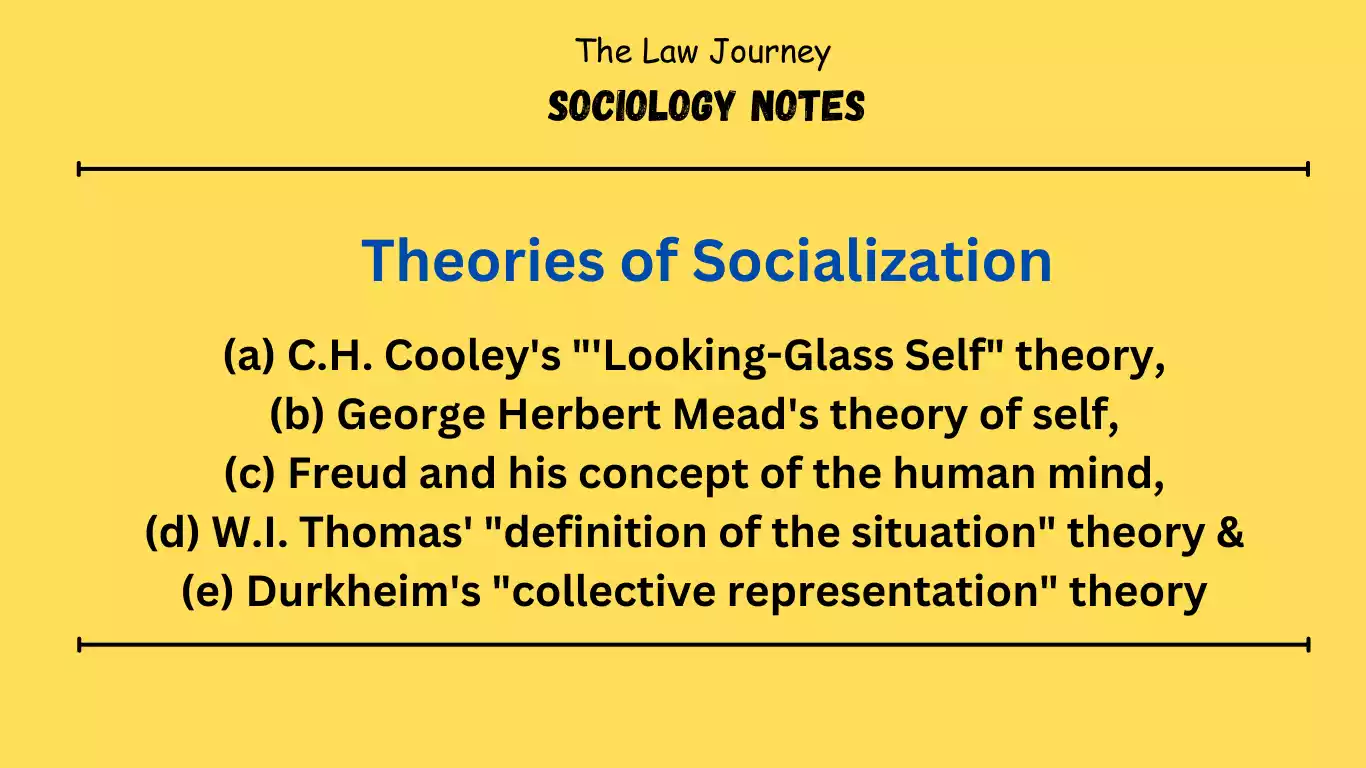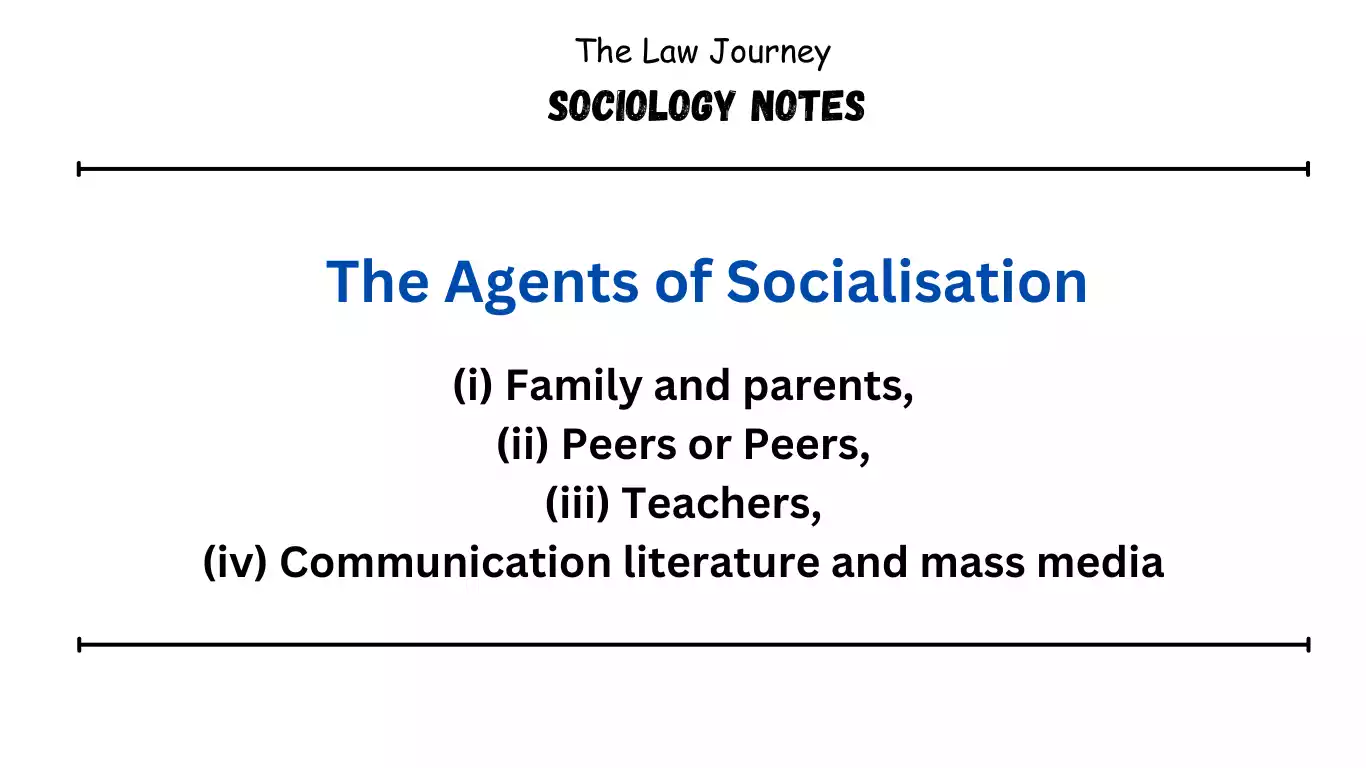Functions of Culture in Sociology – Humans are not only social animals, but also cultural beings. Human social life is made possible by culture. Culture is what raised him from the animal level to the human level. Without culture, people cannot survive as humans. It represents the entirety of human achievement.
Culture has served many functions, including:
Culture is a treasure trove of knowledge.
Culture provides knowledge that is essential for human physical, social, and spiritual existence. Birds and animals act instinctively. They use their instincts to adapt to their environment. However, humans have greater intelligence and learning abilities. Thanks to their help, he was able to adapt to the environment and change it according to his own wishes. Culture enabled and facilitated such adaptation and change by providing humans with the necessary skills and knowledge.
Culture stores knowledge and supports its transmission from generation to generation through its component language. Language not only helps in the transmission of knowledge, but also in its preservation, accumulation, and dissemination. Animals, on the other hand, do not have this advantage. Because culture does not exist at a subhuman level.
Culture defines the situation.
Culture defines social situations for us. What we eat, what we drink, what we wear, when we laugh, cry, sleep, love, who we should be friends with, what work we do, which God we worship. In addition to defining what to do and how to do it, you also make conditions and decisions. We know which poems we are reciting, etc.
Culture defines attitudes, values, and goals.
An attitude is a tendency to feel and behave in a particular way. Values are measures of goodness or desirability. Goals refer to accomplishments that our values define as valuable. It is culture that determines our attitude towards various issues such as religion, morality, marriage, science, family planning, prostitution, etc.
Our values about private property, fundamental rights, representative government, romantic love, etc. are influenced by our culture. Our goals – winning the race, understanding others, achieving salvation, being obedient to our elders and teachers, being faithful to our husbands, being patriotic – are all our goals. determined by the culture of We are socialized according to these models.
Culture determines our careers.
Our culture determines whether we should become politicians, social workers, doctors, engineers, soldiers, farmers, professors, businessmen, religious leaders, etc. The careers we pursue depend heavily on our culture. Limitations of cultural workers in different career choices. Individuals may develop, change, or resist the trends of their own culture, but they always live within their own frameworks. Very few people find a cultural outlet.
Culture provides patterns of behavior.
Culture controls and limits individual behavior. Culture sets goals and provides the means to achieve them. It rewards his noble deeds and punishes his vile ones. It assigns him a status and a role. We see, dream, aspire, work, strive, marry, and have fun according to cultural expectations. Culture not only controls human energies and activities, but also liberates them. Man is indeed a prisoner of his own culture.
Culture shapes character.
Culture has a great influence on personality development. Without a cultural environment, children cannot develop their human qualities. Culture prepares people for collective life and gives them the freedom to shape their own lives. It is culture that provides opportunities for personal growth and places limits on growth.
As Ruth Benedict pointed out, every culture produces its own particular personality types. She emphasized this fact in her “Patterns of Culture,” in which she analyzed the cultures of three primitive societies. Another American anthropologist named Margaret Mead said, “Culture shapes it.”
The character and behavior of the people who live there… She demonstrated this fact in her study “Sex and Temperament in Three Primitive Societies,” which studied tribal life in New Guinea.
It is true that individuals are exposed to and are shaped by the culture of the group into which they are born. However, culture provides not only the “universal” but also the “alternative”.
Cultural learning involves not only conformity but also diversity. But no individual is completely culturally determined. Every person is unique in every culture. Uniqueness may be due to individual differences in skills, aptitudes, and learning. Cultures do not necessarily affect individuals in the same way. Sooner or later, every person is exposed to influences that are not completely determined by culture.
He meets people outside of his culture. Travel, books, radio, movies, television, theater, and newspapers expose people to a variety of extracultural influences. A variety of biological and social factors constitute the uniqueness of individuals in any culture.
Related Post | Functions of Culture in Sociology
- Concept of Social Groups in Sociology
- RTI notes
- Political Notes
- moot court memorial maker
- Legal History Notes
- Law of Torts notes
- law project maker
Reference Books | Functions of Culture in Sociology
- A Dictionary of Sociology by John Scott
- C.N. Shankar Rao – Principle of sociology with an introduction to social thoughts
- Sociological Theory by George Ritzer
- Introduction to Sociology by Anthony Giddens
- Handbook of Indian Sociology by Veena Das
- Social Change in Modern India by M N Srinivas

















